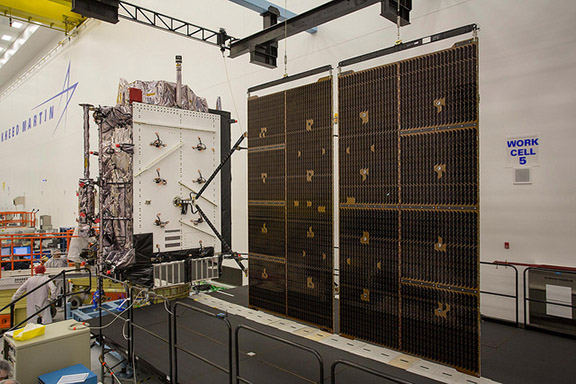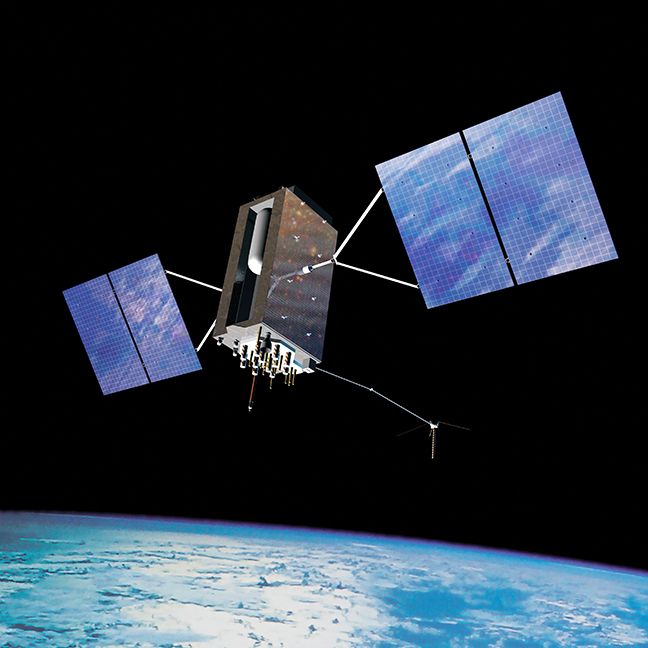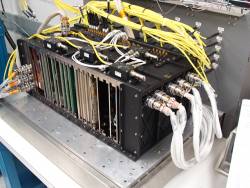Air Force Awards Lockheed Martin GPS M-Code Early Use Ground System Upgrade Contract
Denver, Colorado-based Lockheed Martin announced that the U.S. Air Force awarded the company a $45.5 million contract to provide Military Code (M-Code) Early Use (MCEU) capability to the Global Positioning System (GPS). Part of the Air Force’s overall modernization plan for the GPS, M-Code is an advanced, new signal designed to improve anti-jamming and protection from spoofing, as well as to increase secure access, to military GPS signals for U.S. and allied armed forces.
By Inside GNSS













